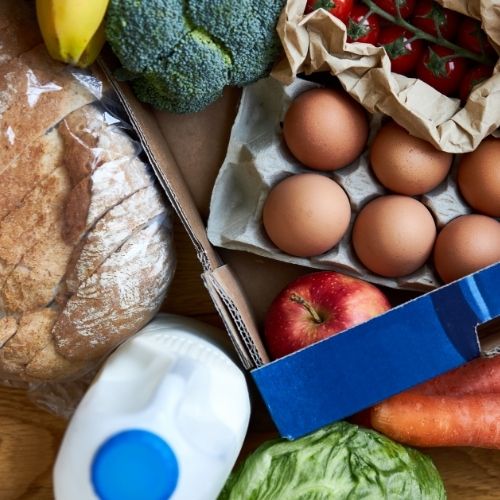COVID-19 brought a surge in demand, with a further 81% increase in food parcels delivered between April-June 2020. This reflects the rapid rise in unemployment and financial insecurity caused by Covid-19 restrictions. The number of households claiming Universal Credit (a driver of foodbank use) doubled between August 2019 and August 2020. Pre-pandemic more than 4 million children in the UK were living in poverty, and Covid-19 has had a serious impact on them with nearly half of low-income families with children finding it very difficult to get by.
Local Authorities and the charities and community organisations they work with are at the forefront of hunger responses across England. It is Local Authorities, charities, education providers, and private businesses that organise and supply the food for breakfast and school holiday schemes, and Free School Meals. Emergency provision for those in financial crisis is also devolved to Local Authorities, supported by the Local Welfare Assistance scheme. Limited funds have meant referrals to local foodbanks have become a key part of this response over the last decade.
During the first national lockdown, food provision for vulnerable groups was organised through these same local groups supported by community groups. In Bristol, this provision was supported by a city-wide response group led by Feeding Bristol and the Public Health team from Bristol City Council.
A Policy Bristol briefing summarises research undertaken to learn from this model. Between July and November 2020, 30 individuals involved in the emergency food response in Bristol were interviewed. These included a mix of managers and frontline staff from seven FOOD (Food On Our Doorsteps) clubs, four meal providers, six food parcel providers, six education providers, and four infrastructure charities. They were asked how local groups had responded, how local coordination had facilitated this response, and what lessons could be taken to inform future food welfare provision.
Policy briefing: COVID-19: Local coordination delivered emergency food, but food plans must address food insecurity
This work was supported by the Elizabeth Blackwell Institute, University of Bristol and Feeding Bristol and carried out in collaboration with Feeding Bristol and Bristol City Council. Our thanks to all the organisations who took part in this work.
